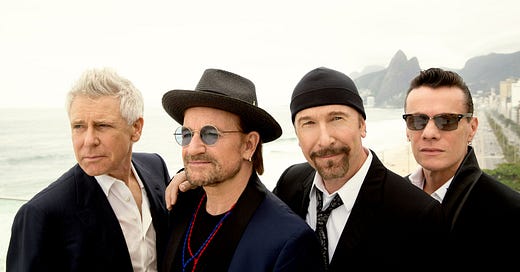So che è difficile. Sono stato per molto tempo il sosia del signore. Era una tortura. Non è facile reprimere se stessi per diventare qualcun altro. Spesso volevo essere me stesso e libero. Ma ora penso che fosse egoista da parte mia. L'ombra di un uomo non può mai abbandonare quell'uomo. Ero l'ombra di mio fratello. Ora che l'ho perso, è come se non fos…
Keep reading with a 7-day free trial
Subscribe to (((RADIO PIAN PIANO))) to keep reading this post and get 7 days of free access to the full post archives.



